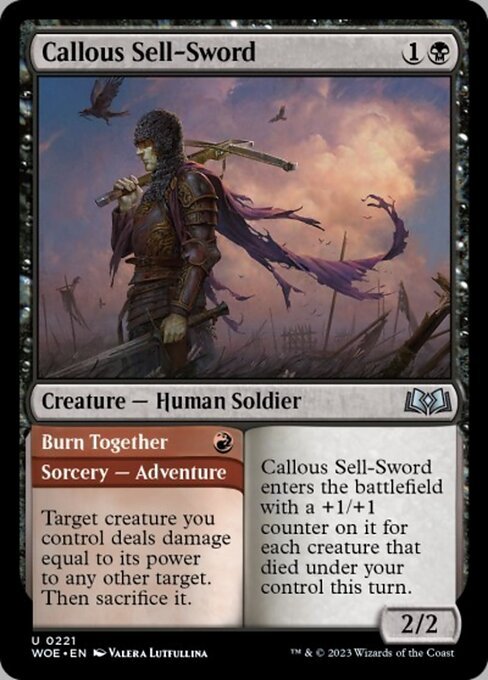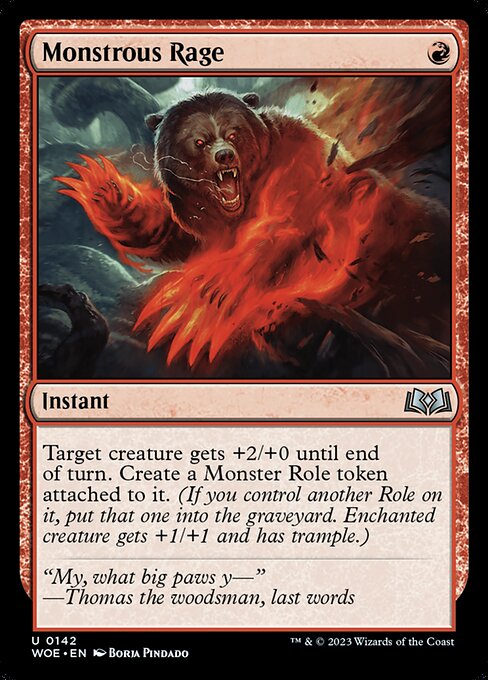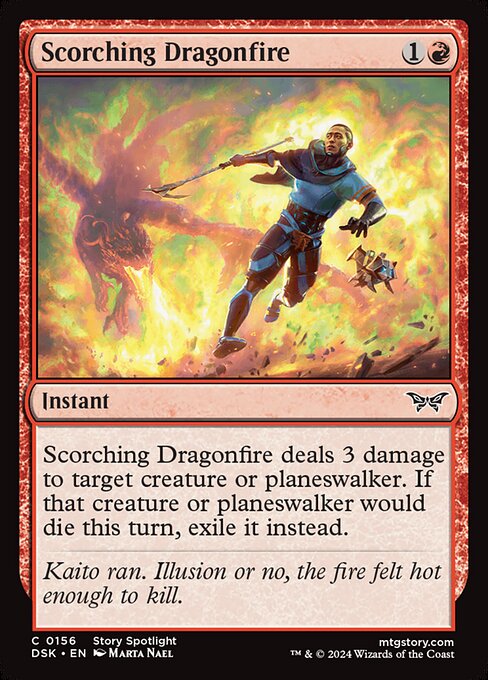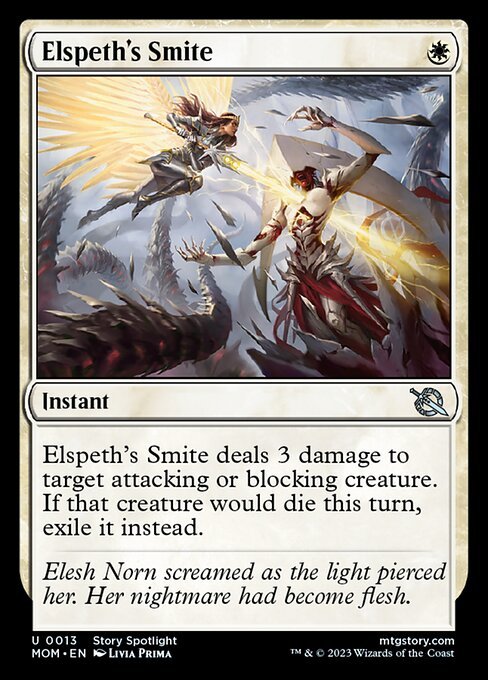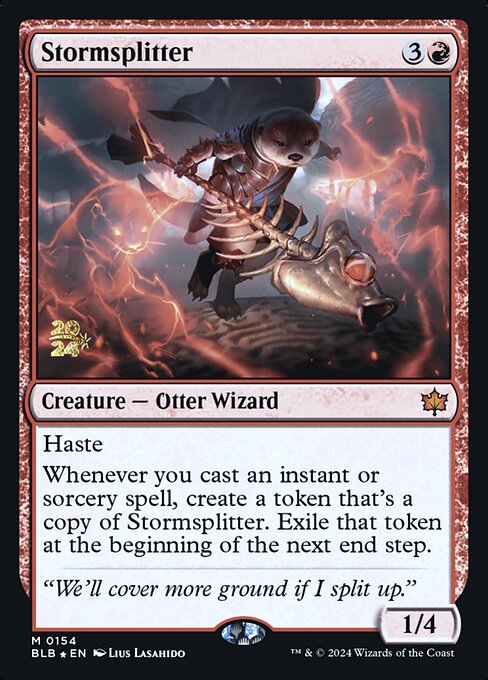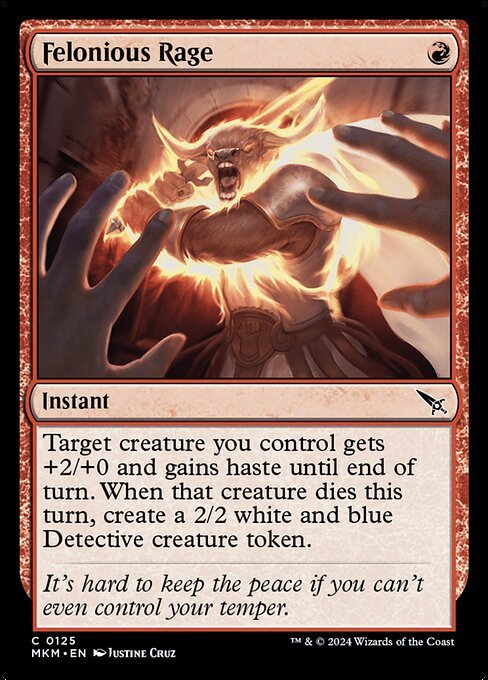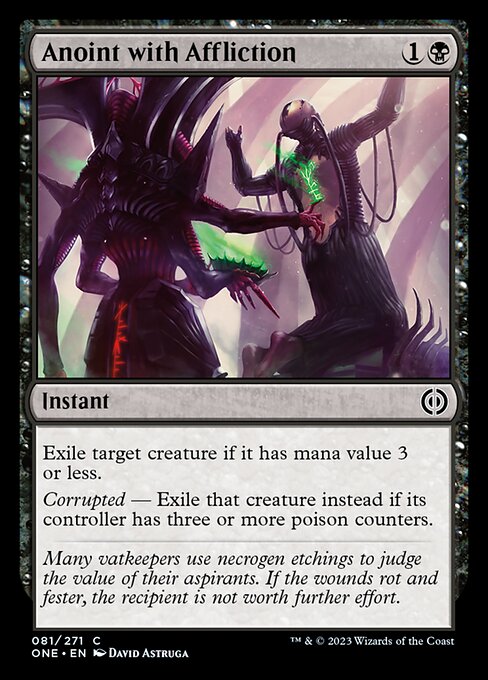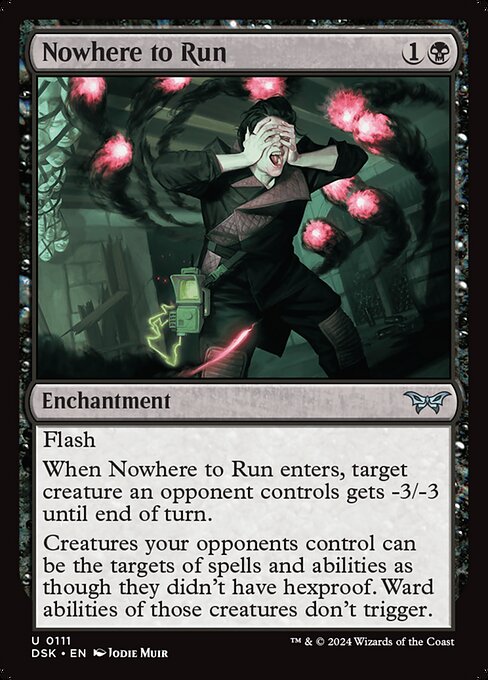Leyline of Resonance is Banned in Standard BO1! Still Care to Guess Why?
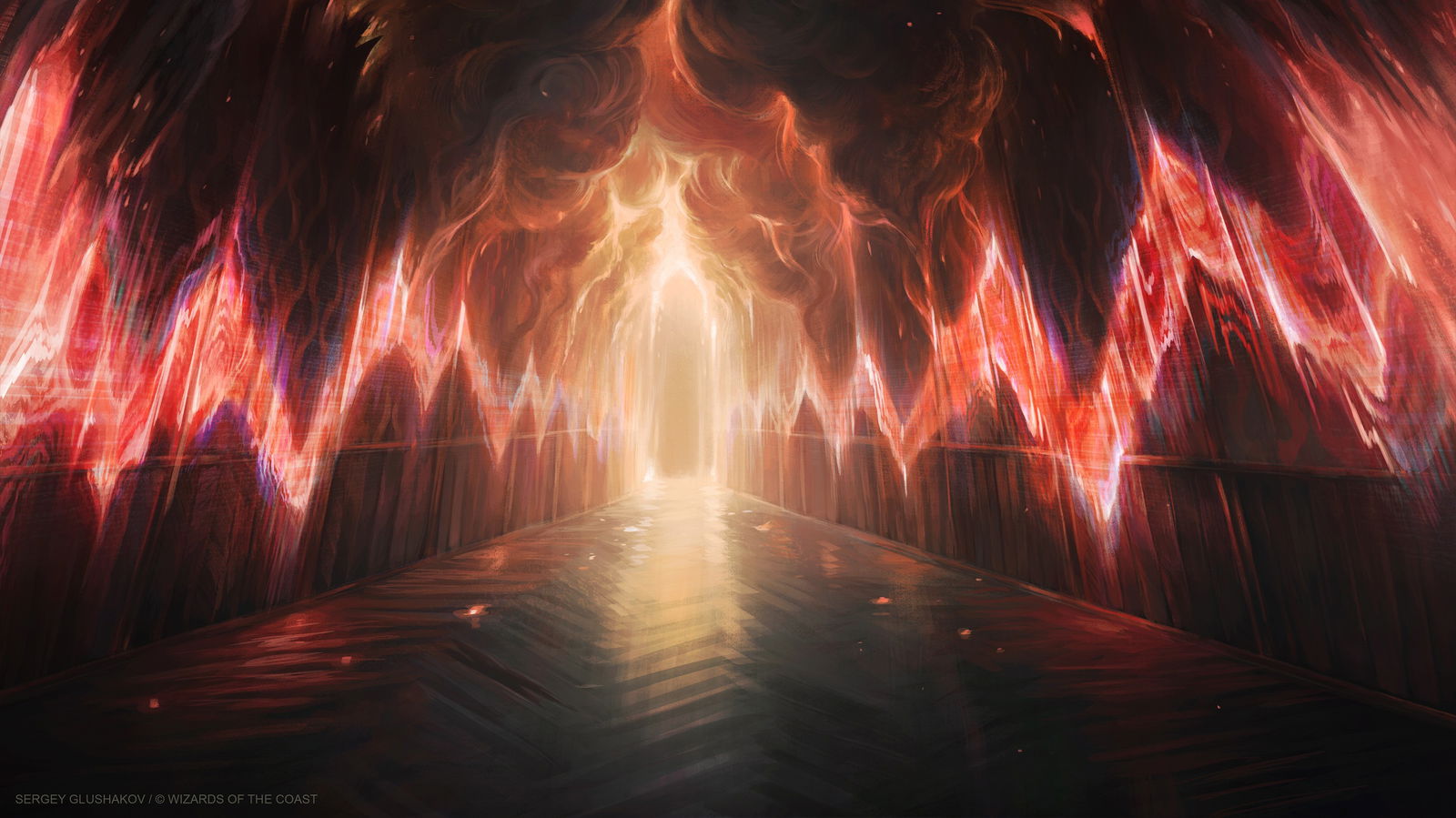
Short answer: Standard Mono-Red doesn’t let you play games (in BO1, and not just because of the Leyline mind you) even harder than ever before, ‘nuff said.
Way too obvious of a ban, even during the spoiler season.
Long answer:
The concept of free spells has always been a delicate balance in MTG. From the infamous Phyrexian mana to MDFCs, anything that lets you cheat on mana costs tends to eventually cause problems. Turns out, starting the game with a spell-copying enchantment just makes a bad start already much, much worse (for the opponent).
Leyline of Resonance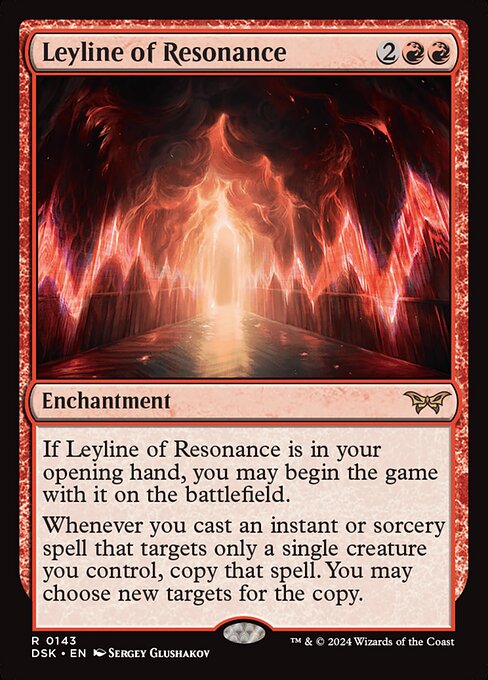 's ban in Standard BO1 wasn't really about its raw power level; reading the card (directly) explains the (overpowered-ness of a) card. Rather, it created what I like to call the classic "non-game problem": situations where one player effectively doesn't get to participate in the match at all.
's ban in Standard BO1 wasn't really about its raw power level; reading the card (directly) explains the (overpowered-ness of a) card. Rather, it created what I like to call the classic "non-game problem": situations where one player effectively doesn't get to participate in the match at all.
Ah yes, I was wondering why the top Mono-Red BO1 decks suddenly became 'Rakdos' since last year.
The Explosive Package:
- Leyline of Resonance (starts on field)
- Efficient creatures with death triggers (Cacophony Scamp
 , Heartfire Hero
, Heartfire Hero )
) - Powerful pump spells with floating effects (Turn Inside Out
 , Monstrous Rage
, Monstrous Rage )
) - And the ultimate coup de grâce: Callous Sell-Sword

The truly devious part? This wasn't just about copying pump spells for massive attacks. The deck created a double-burst scenario:
It was a whirlwind storm of a combination of spells that just allowed mono-red to completely dominate when not checked by hate cards or playing around it (which you effectively cannot do in BO1, of course). Sometimes, not even the stacks of Into the Flood Maw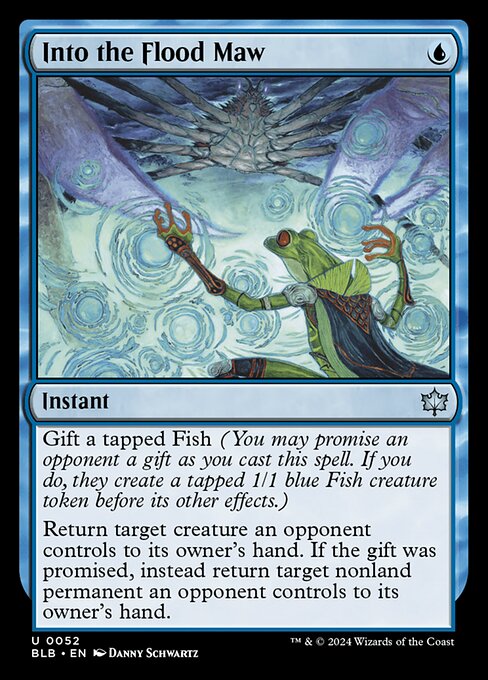 and Not on My Watch
and Not on My Watch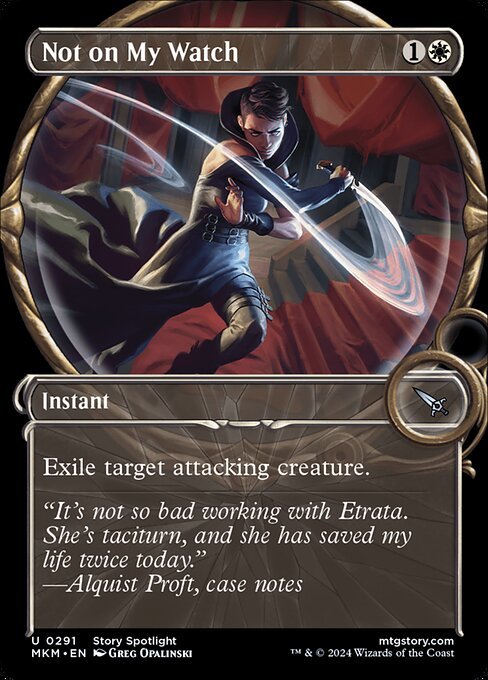 can save you. Depending on the color-splashed, things can get even trickier with cards like Sheltered by Ghosts
can save you. Depending on the color-splashed, things can get even trickier with cards like Sheltered by Ghosts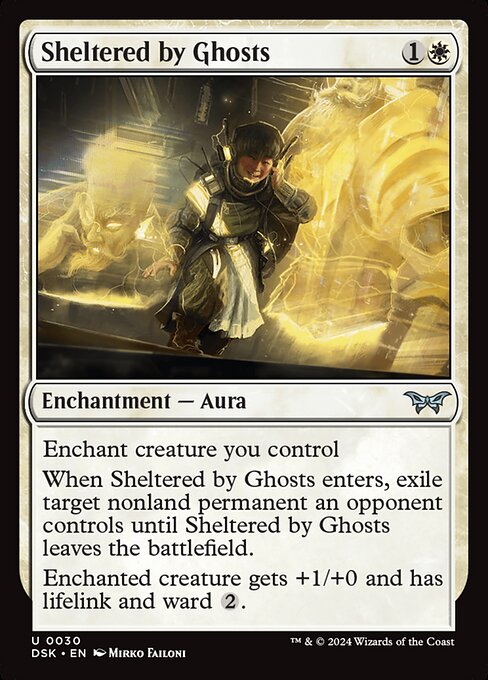 and Snakeskin Veil
and Snakeskin Veil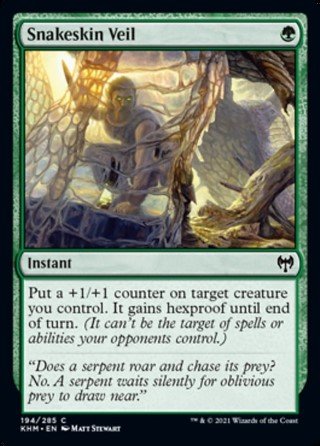 .
.
Well, what a common theme we have here.
Admittedly, this strategy wasn't unstoppable. The relatively considerable-ish wave of anti-mono-red brews circulating on YouTube after the release of Duskmourn already gives anyone fairly familiar with MTG Standard today a good idea why. Having exactly the right removal at exactly the right time could disrupt it. But therein lies the format-warping nature of the deck:
You HAD to have that answer, and you had to have it immediately.
As hinted earlier, this was never really a problem in BO3 (AKA “actual normal Standard”), as immediately proven by the top standard decks list this October 2024. Within MTG Arena's BO1 environment, however, it remained an issue with either:
- Leyline winning explosively, almost all the time.
- Didn't have Leyline, which resulted in a fair-ish(?) MTG round
- Or, aggressively mulliganed for Leyline and lost
This led to what I call the "15-win paradox" - the deck was actually perfect for grinding daily wins on MTG Arena. Either you won spectacularly fast, or you lost quickly and moved on to the next game. The efficiency of this approach, unfortunately, came at the cost of actual gameplay interaction.
Tons of examples over the last few years, but this little critter appears in the back of my mind over the last few months.
And for me personally, while paper Magic naturally encourages longer, more interactive games due to the social aspect of in-person play, MTG Arena as a digital platform can inadvertently incentivize the opposite. When certain parts of the game’s reward structure are based on the raw number of wins rather than the quality of gameplay, strategies that sacrifice interaction for speed become disproportionately more attractive. Again, that's just me, though.
What's particularly interesting is what happens now. The mono-red shell remains potent even without Leyline. Cards like Heartfire Hero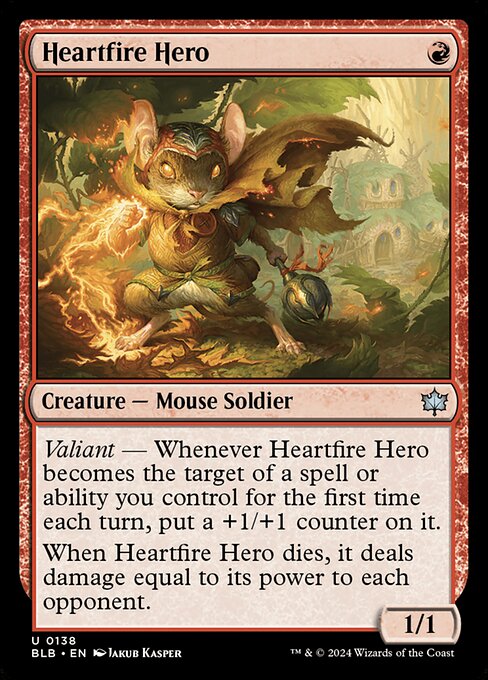 and Cacophony Scamp
and Cacophony Scamp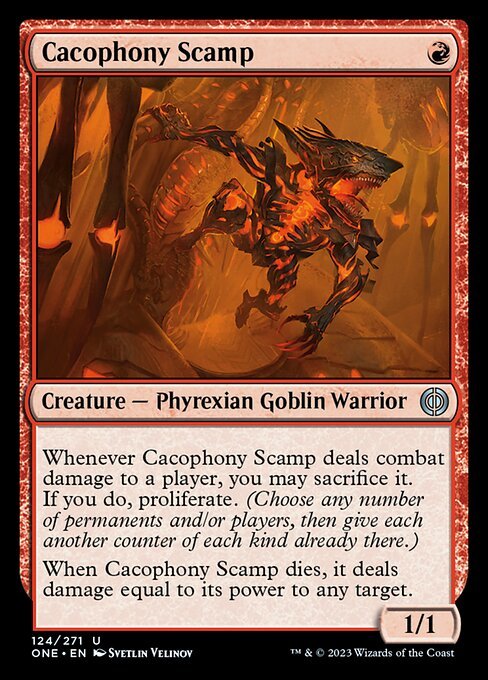 still create powerful synergies with pump spells, especially since effects like Turn Inside Out
still create powerful synergies with pump spells, especially since effects like Turn Inside Out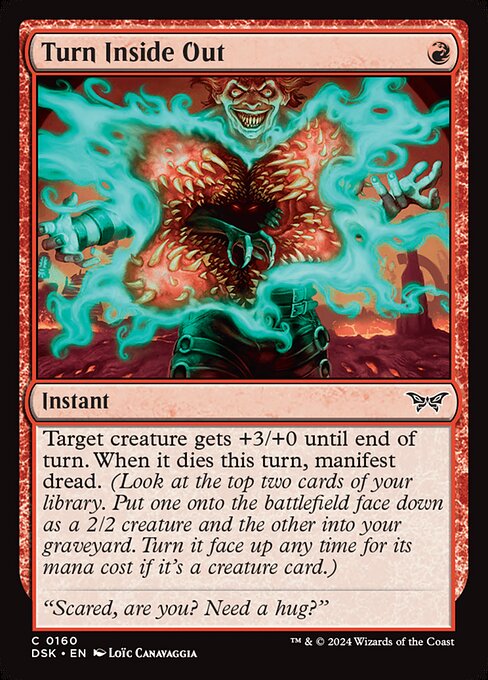 don't require the creature to survive for value. The deck just loses its ability to create those "oops, I win" moments before the opponent's second turn.
don't require the creature to survive for value. The deck just loses its ability to create those "oops, I win" moments before the opponent's second turn.
Heads I win, tails you lose.
Looking forward, this ban teaches us something important about MTG design. Fast games aren't inherently problematic; aggro decks are named as such because they are designed to win quickly. The issue arises when "fast" means "before meaningful decisions can be made." When the primary decision point becomes "play Standard like it was Pioneer, or worse, Modern" then we might need a second look at things.
The irony? Leyline of Resonance is actually a fascinating design in slower formats. The ability to copy single-target spells creates interesting decision points and enables creative deckbuilding. But the speed and inherent variance of BO1 transformed it from an interesting build-around into a format-warping monster.
is actually a fascinating design in slower formats. The ability to copy single-target spells creates interesting decision points and enables creative deckbuilding. But the speed and inherent variance of BO1 transformed it from an interesting build-around into a format-warping monster.
Hmm, maybe losing hexproof instead of straight-up exiling is probably better now for BO1, given the next-door popularity of Aura decks.
For now, Standard BO1 can breathe a sigh of relief. Players no longer need to mulligan aggressively just to have a chance against potential turn-two kills. But let's keep our eyes on those remaining pieces, particularly the death trigger creatures and floater pump spells. Because most of the time, removing the most obvious problem just reveals the next one waiting in the wings.
After all, in a format where you can still deal massive damage through removal with pump spells and death triggers, we might find that Leyline was just making an already potent strategy a bit too consistent. Only time will tell if the remaining shell needs further adjustment, or if this surgical strike was exactly what the format needed.
(Review WoTC's official report of the banning here.)
About ChrisCee:
A witness since the time the benevolent silver planeswalker first left Dominaria, ChrisCee has since went back and forth on a number of plane-shattering incidents to oversee the current state of the Multiverse.
"Target bird is no longer available. Please leave a message after the last bounce."


